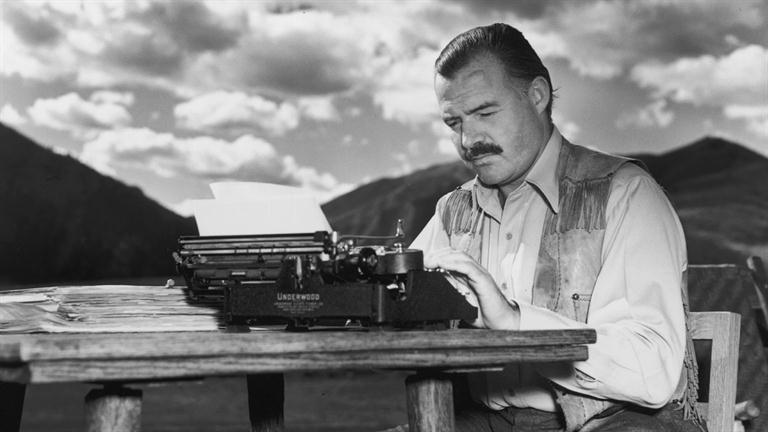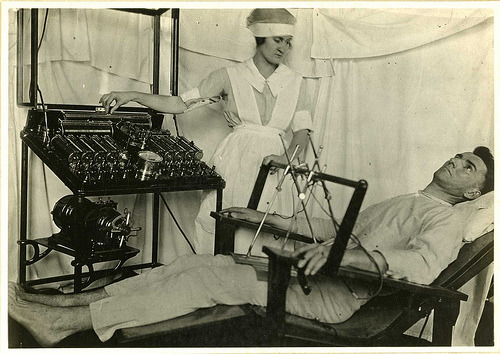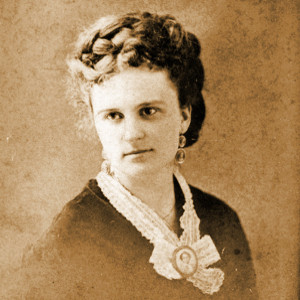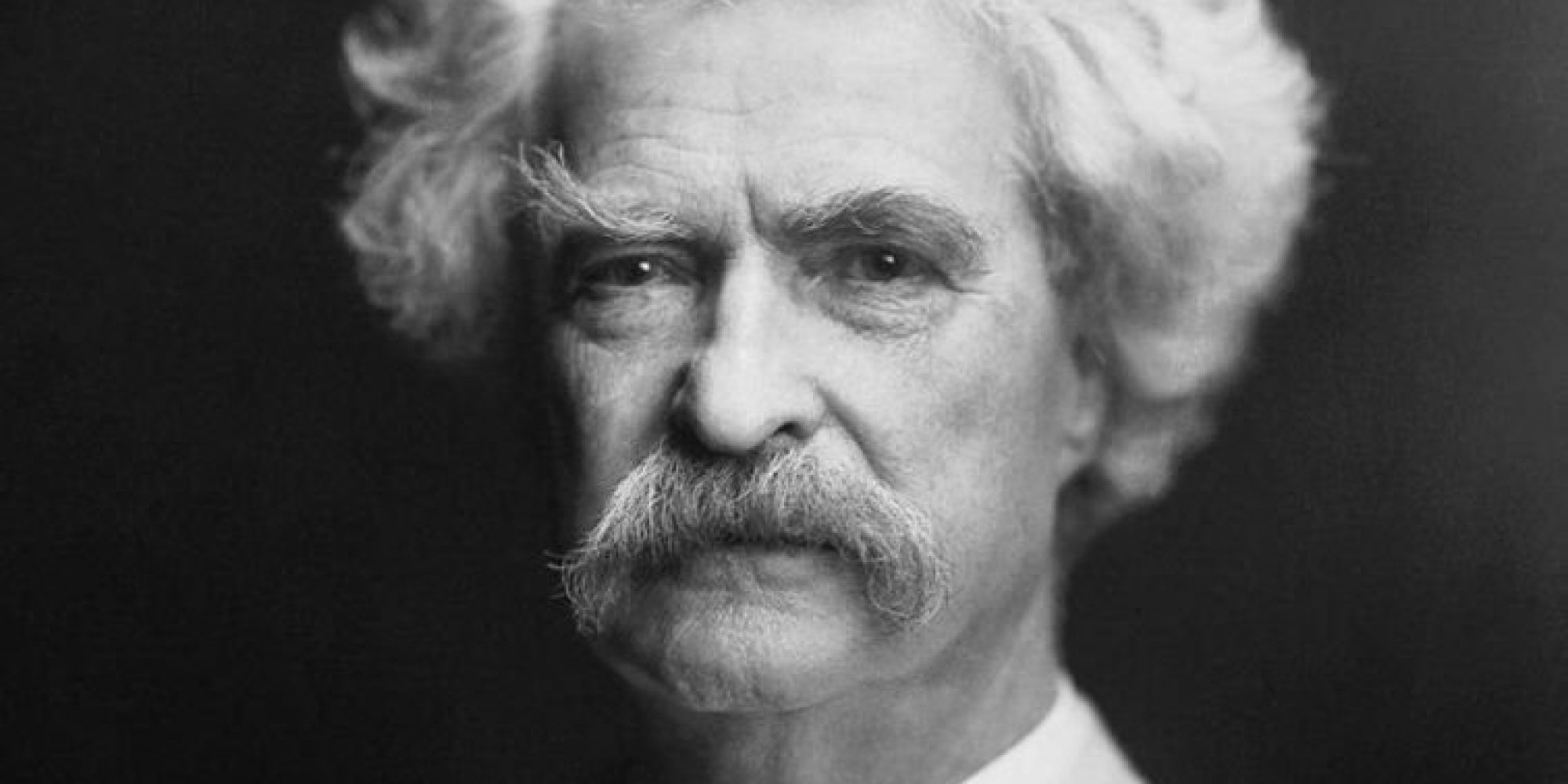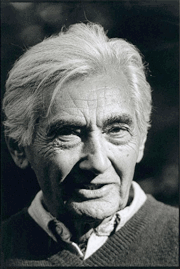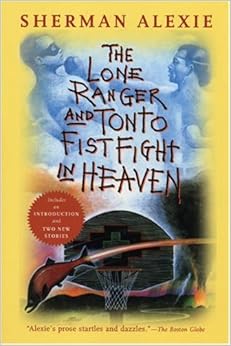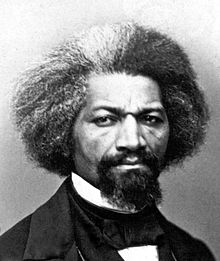A large part of the War was the "Propaganda" (the organized dissemination of information to influence thoughts, beliefs, feelings, and actions) that was perpetuated (on all fronts).

Things to think about when looking at propaganda:
- What is the overall message?
- What emotions does it play on?
- What effect would the poster most likely have on American citizens of the time?
- What is pointed out that YOU can do directly to help the war effort?
- How are the symbols, images, and words arranged to convey a message?
Link to WWI Propaganda
"Shell Shock" is a term that was used for the psychological trauma that many soldiers came home with...This has since been coined "Post-Traumatic Stress Disorder." We'll discuss this, but here's a great clip of George Carlin talking about it.
